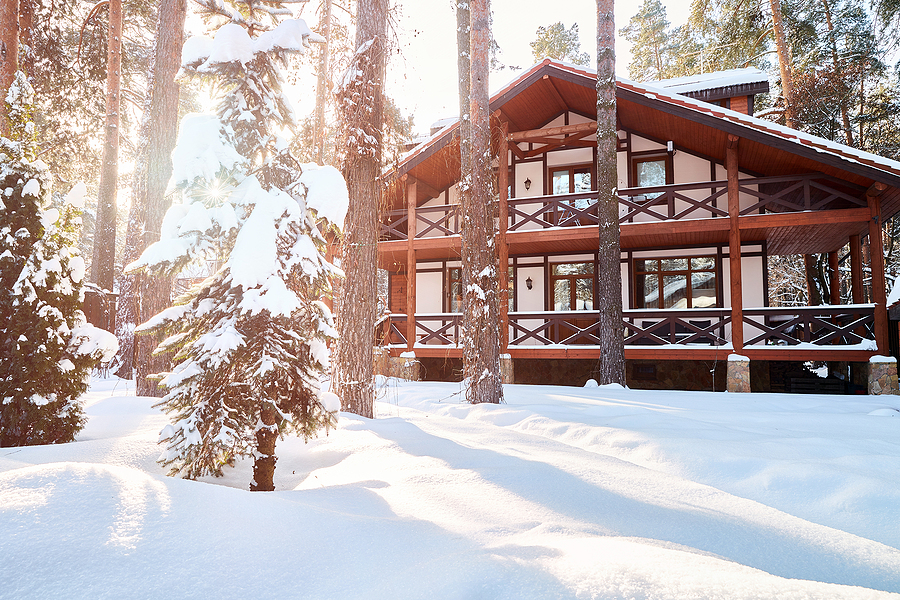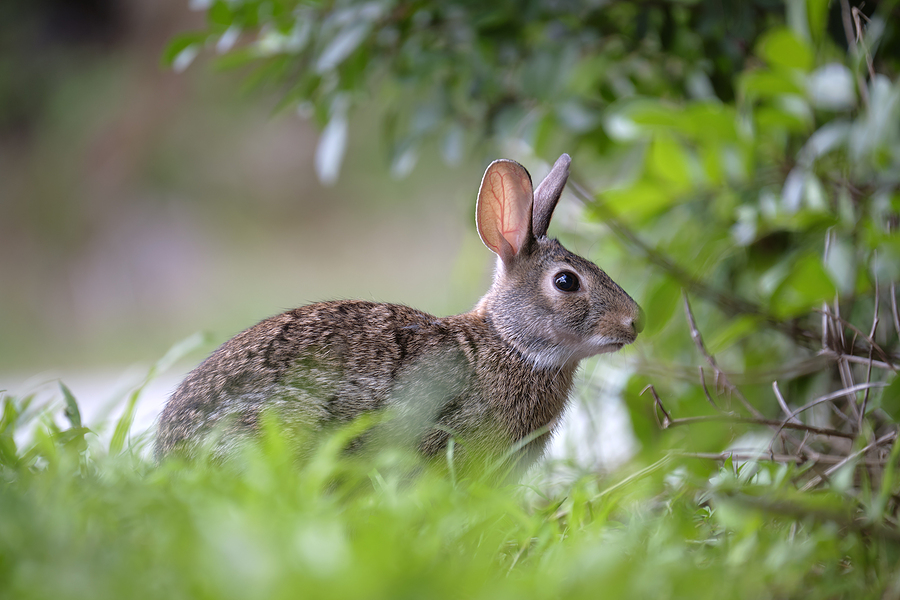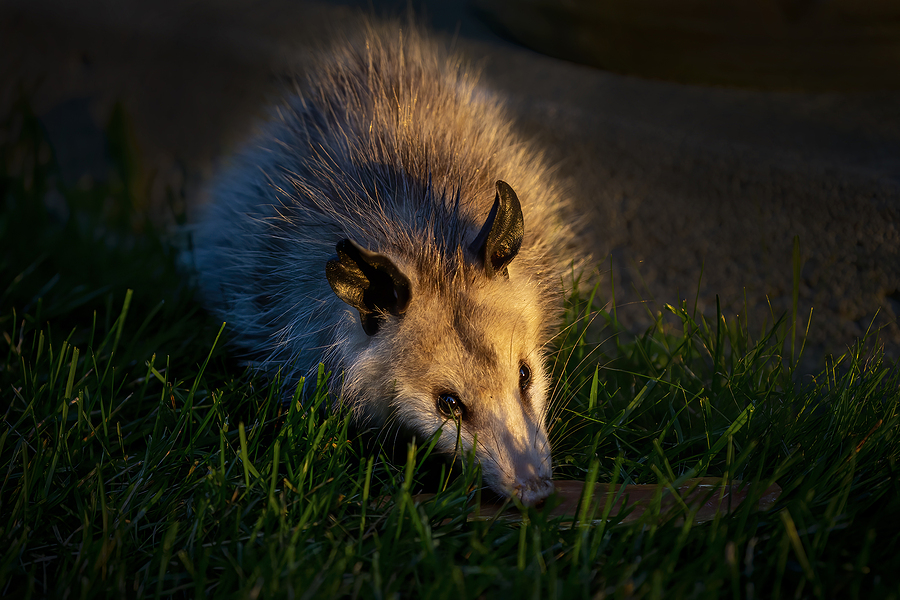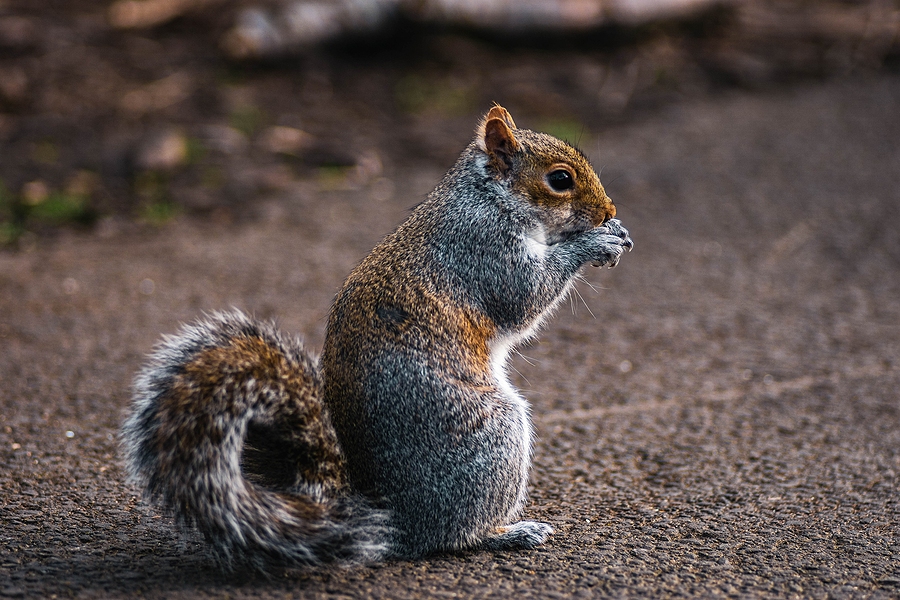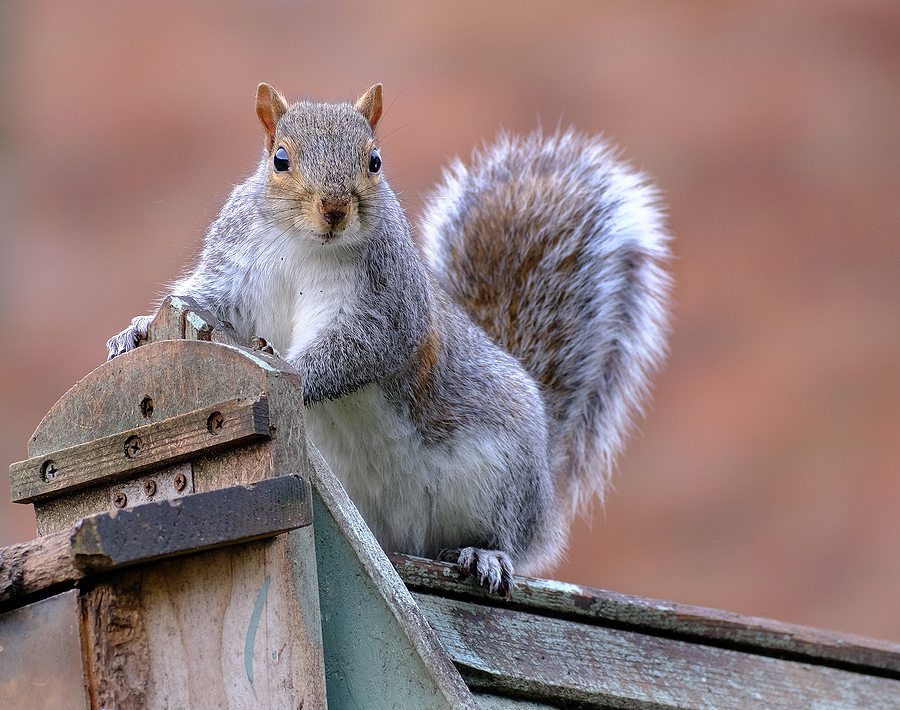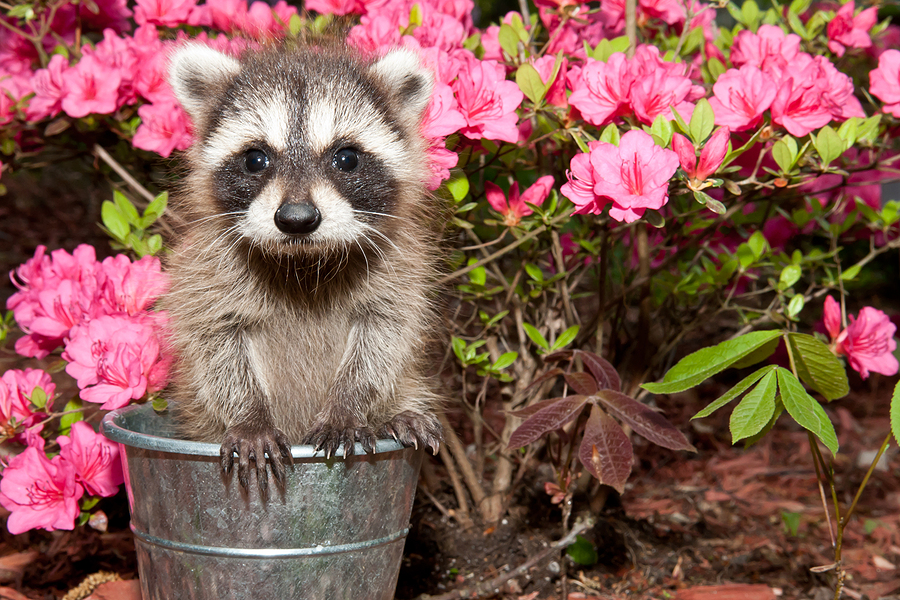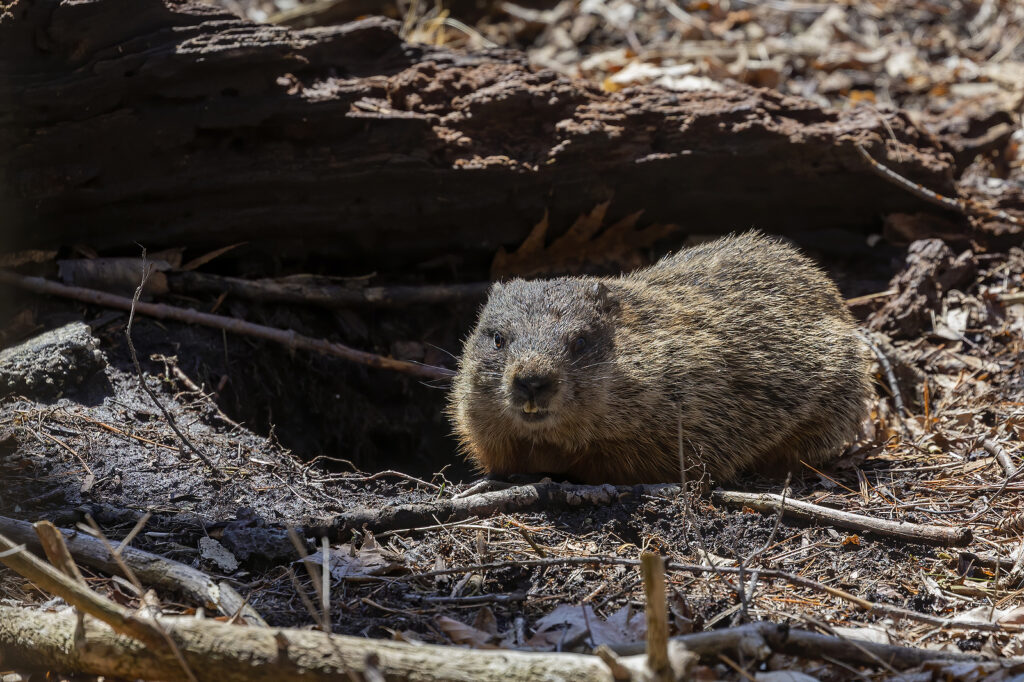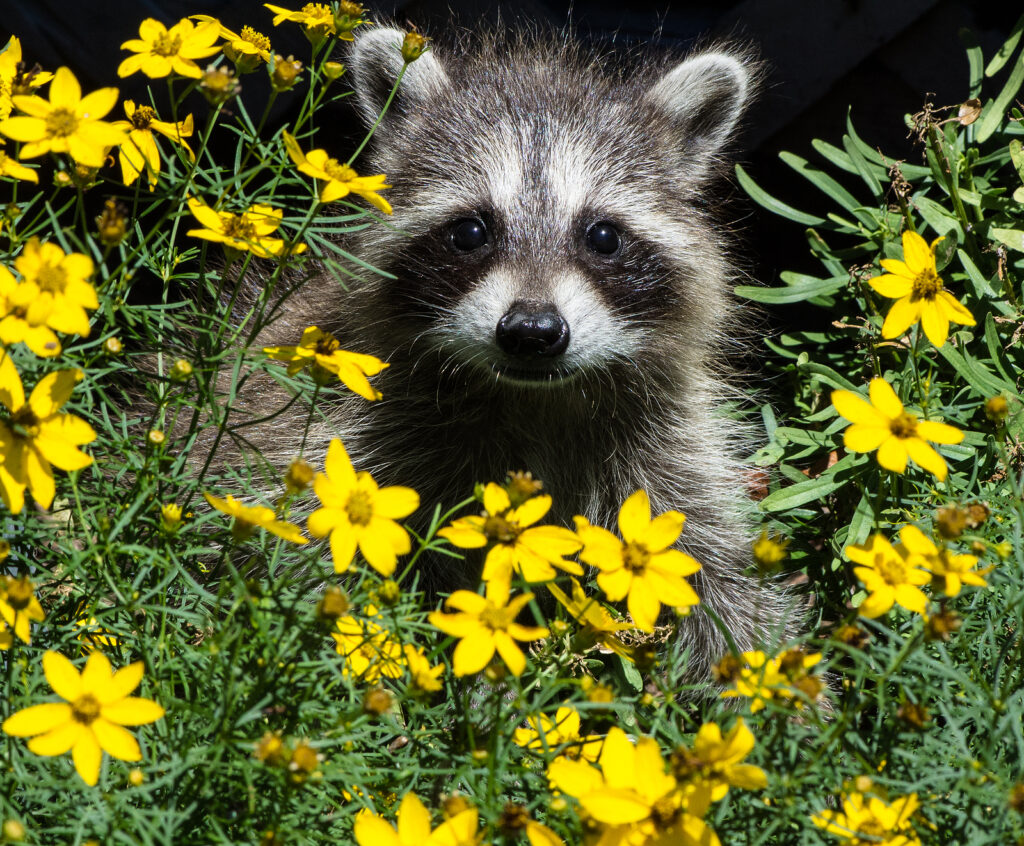Are you dealing with a squirrel problem in your home? If so, it’s important to identify the type of squirrel and its behaviors as soon as possible. Knowing what kind of damage they can cause, how to spot evidence of their presence and how to prevent them from entering your property are all essential steps for protecting your home.
In this blog post, we’ll discuss some tips on how to identify and prevent damage from squirrels in your home. We’ll cover topics such as proper removal techniques, exclusion methods and more so that you can keep these pesky critters out of your living space once and for all!
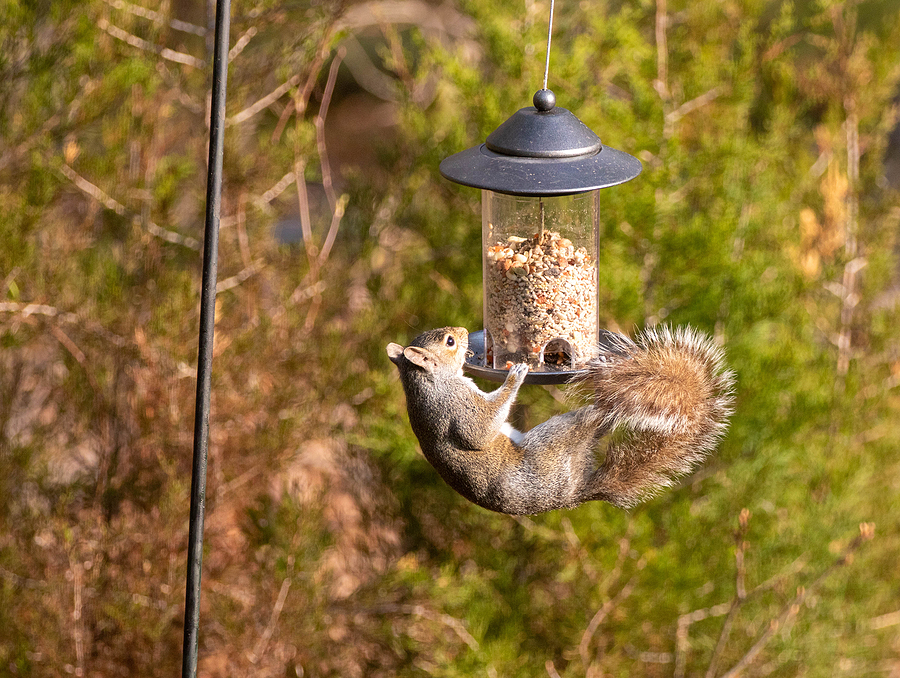
Got Squirrels? Here’s How to Find Out
Look For Signs of Squirrel Activity
When it comes to identifying squirrels in your home, look for telltale signs of their presence. They often leave droppings that are easily spotted, and you may also see them moving around on trees or utility lines. Pay special attention to any holes they have chewed out of your exterior walls or roofs. These can be entry points for other animals as well, so it’s important to identify them early and seal them off when possible.
Hire Squirrel Removal and Exclusion Specialists
Once you’ve identified the squirrels in your home, the next step is squirrel removal. This can be accomplished through a variety of methods, ranging from live trapping and relocation to professional exclusion and animal proofing services. Live trapping is a humane approach that allows the safe and speedy capture of squirrels without harming them. On the other hand, exclusion and squirrel proofing methods are much faster and more effective.
Squirrel Control
When it comes to prevention, there are several steps you can take to discourage squirrels from entering your home and causing damage. Make sure that all exterior doors and windows are tightly sealed to keep animals from sneaking inside. Trim back any overhanging tree branches or twigs around the house that may provide access points to the roof or upper levels of your property. Additionally, use deterrents such as sprinklers, motion-activated lights and other products specifically designed for squirrel control.
Squirrel Repellent
Do you know how to make squirrel repellent? If not, it’s easy to purchase commercially made repellent. By using either technique, your yard can become a squirrel free zone! Making it yourself is surprisingly simple and requires only a few common items from the store. Try common critter repelling ingredients like predator urine, peppermint oil, cayenne pepper, or capsaicin oil to start! Simply mix with water and spray! Buying a ready-made squirrel deterrent product takes no time at all and is highly effective against pesky critters. Whichever route you decide to take, you’ll have peace of mind knowing that your lawn or garden won’t be troubled by bothersome animals.
Stop Squirrels in Their Tracks!
By following these tips, you can help identify and prevent damage caused by squirrels in your home. If you need assistance with squirrel removal techniques or exclusion methods, contact a local wildlife control expert for assistance. They can provide effective solutions to your squirrel problems and help you keep these critters out of your living space once and for all!
By using the right techniques and applying proper prevention methods, you can ensure that your home is safe from damage caused by squirrels. Start by contacting Budget Animal Removal at 317-875-3099 for DNR licensed and insured squirrel removal and control in Indianapolis, Indiana, and surrounding counties. Request a free estimate or advice, today!
Related Posts:
How to Keep Squirrels Out of Your Garden This Spring
Animal Control Tips for Nuisance Squirrels
How to Get Rid of Nuisance Chipmunks

